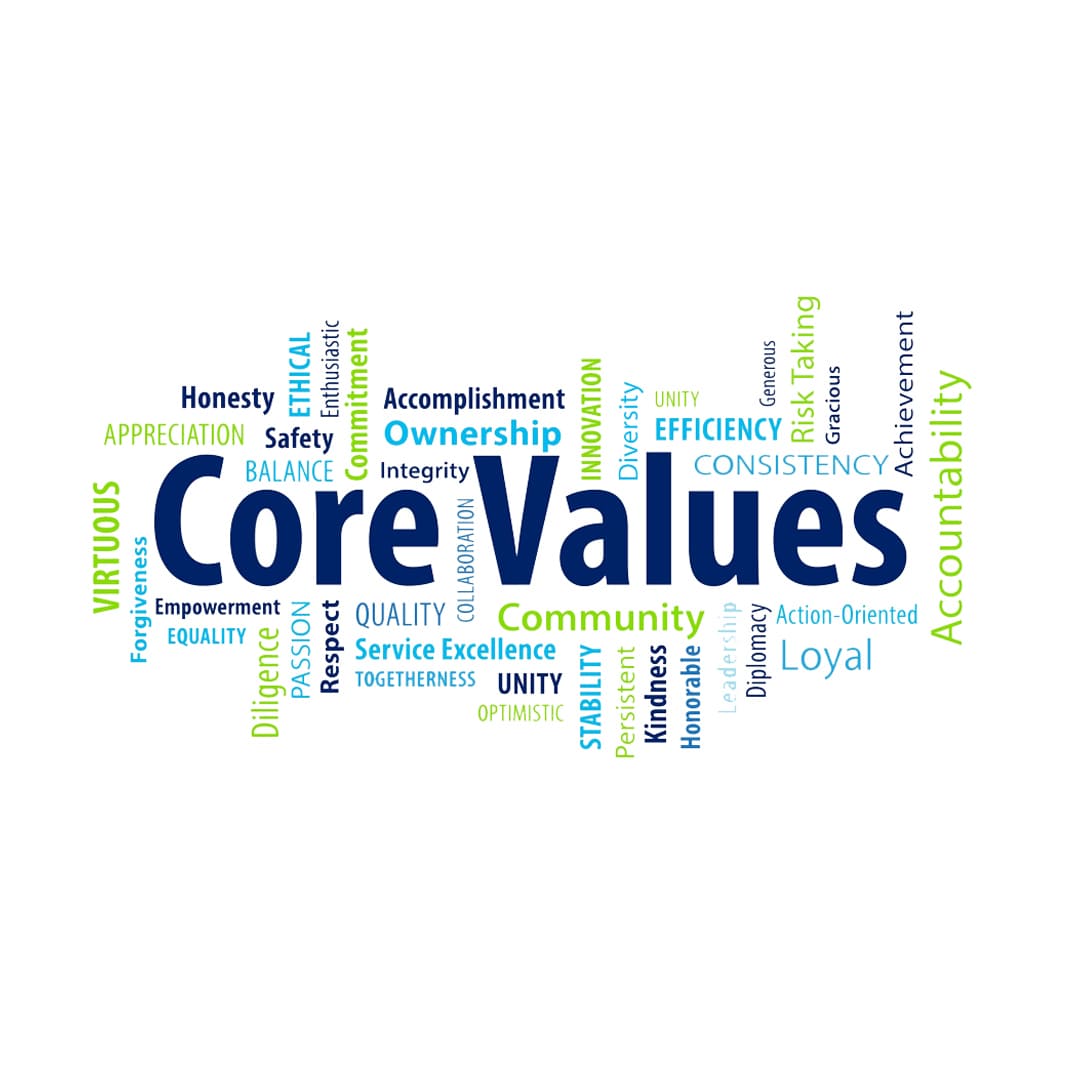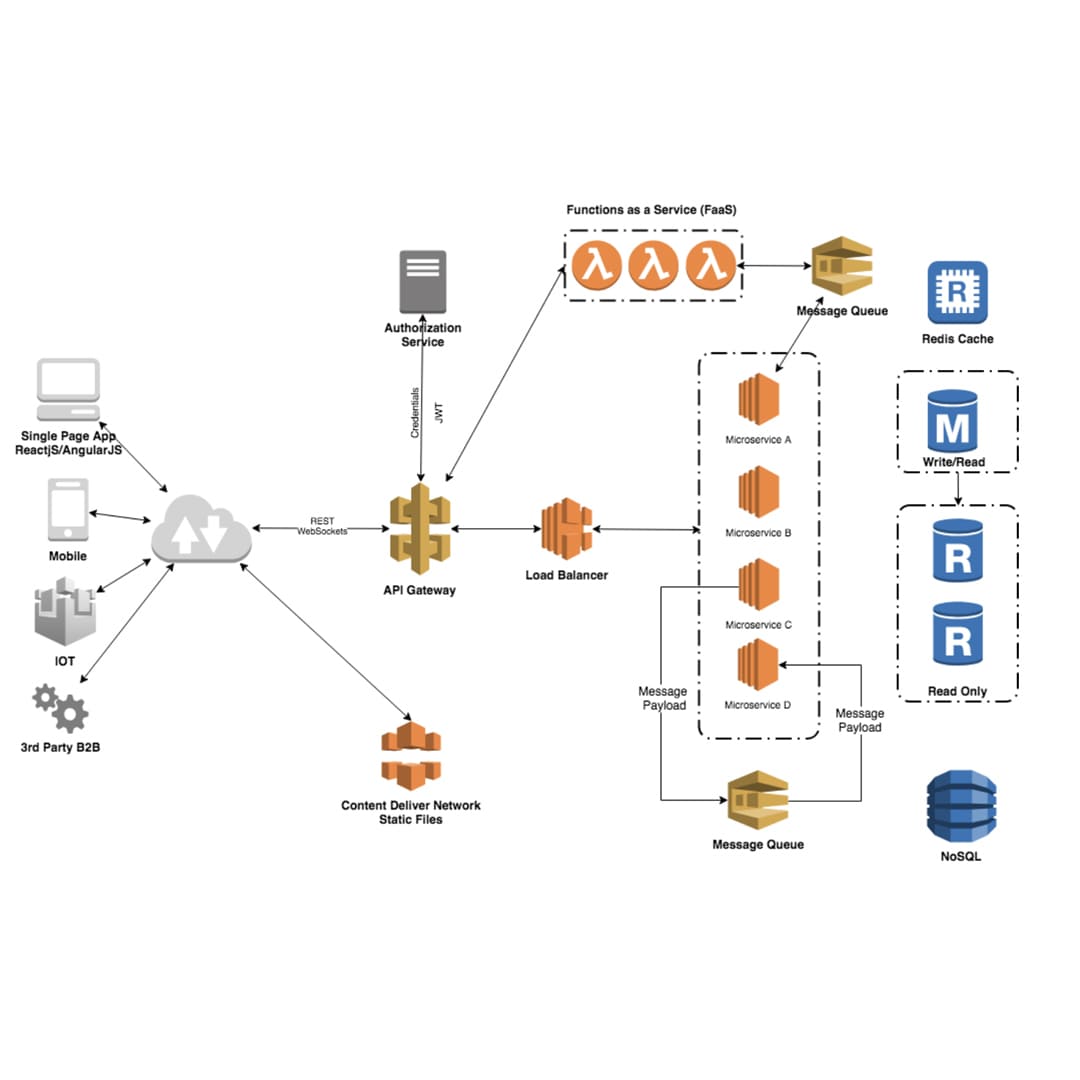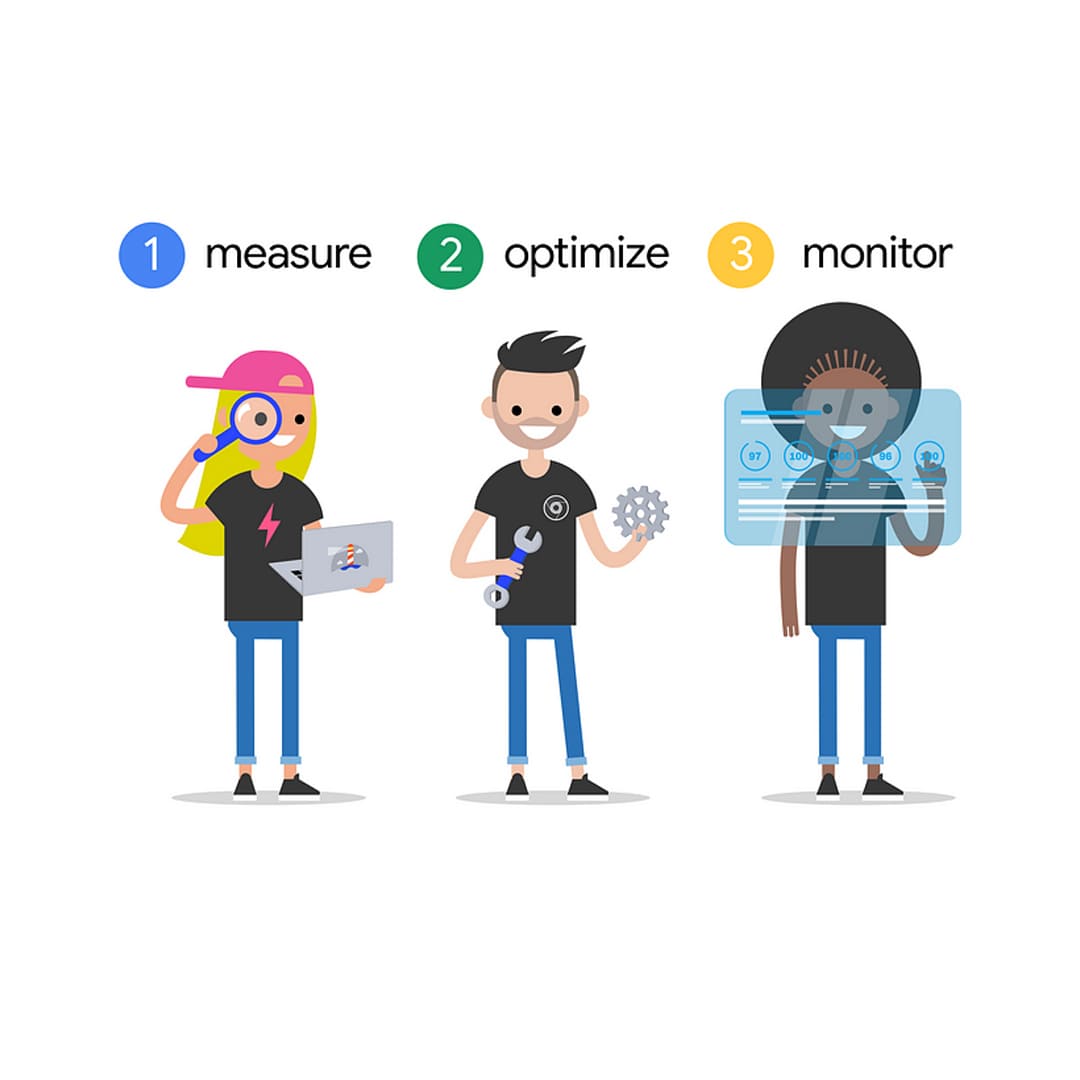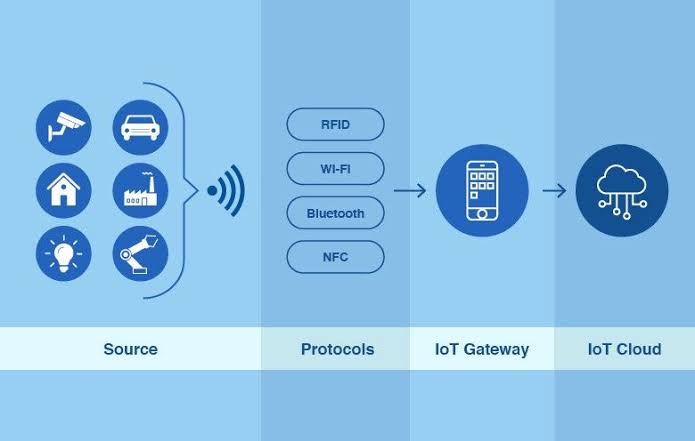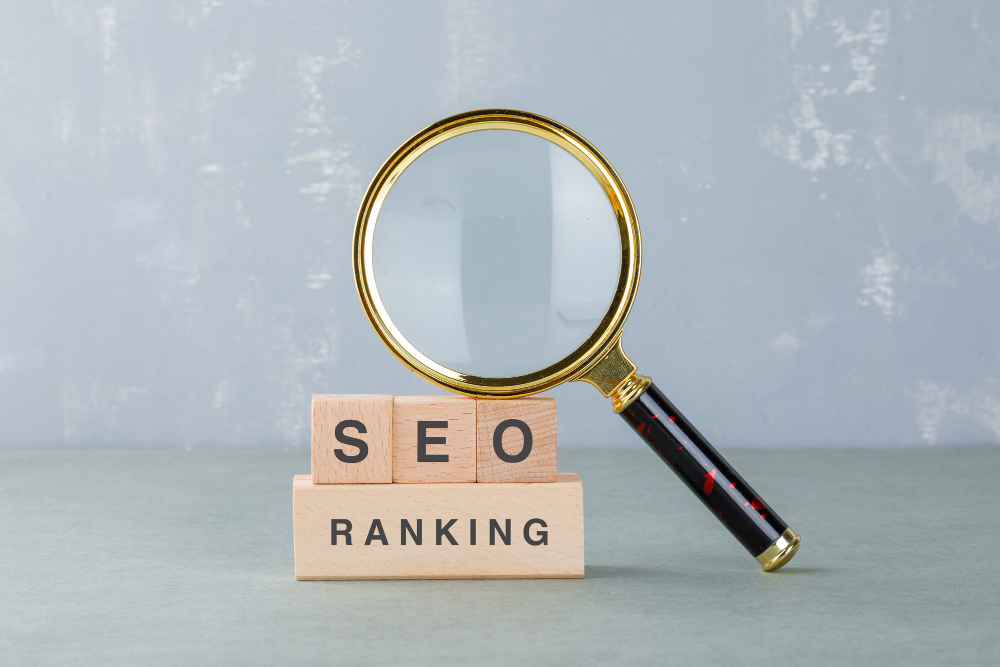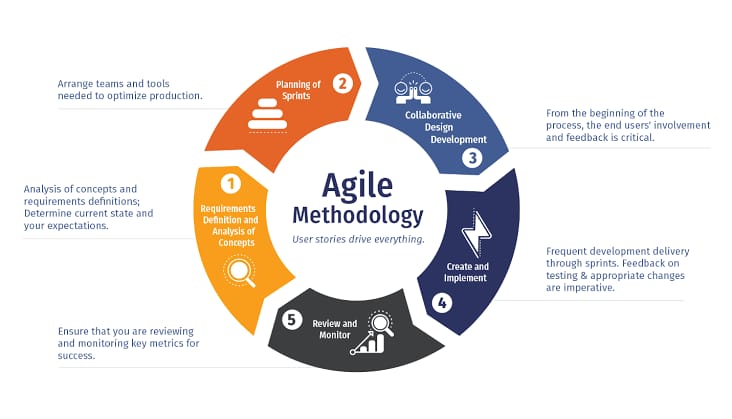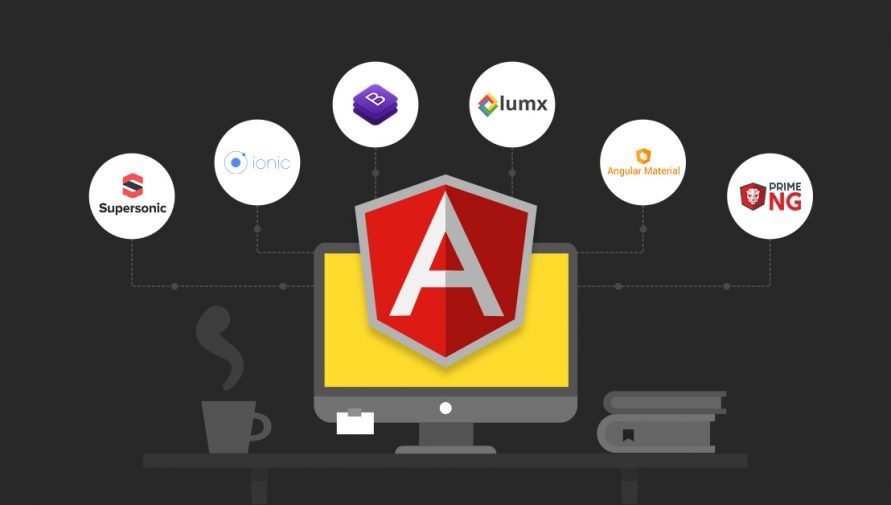Link Building Strategies for Improved SEO

Link building is still a key component of search engine optimization (SEO), which is always changing, for enhancing a website's authority and exposure. Backlinks, the links from external websites pointing to your own, have long been considered a significant ranking signal for search engines like Google. Still, not all links are equal, and the strategies for acquiring them have changed over time. In this blog post, we'll delve into the significance of backlinks for SEO, explore white-chapeau link structure ways, bandy the power of guest blogging and outreach, and understand how monitoring and disavowing poisonous links can guard your website's character and rankings.
The Importance of Backlinks for SEO
Backlinks act as" votes" from other websites, indicating to hunt machines that your content is precious and secure. When respectable websites connect to your website, search engine algorithms will give your material a higher ranking since it is more relevant and deserving of it. The quality of the links is more important than the quantity alone because not all backlinks are made equal.
Authority and Trustworthiness: Search engines consider the authority and trustworthiness of the linking domain. Links from established, high-quality websites carry more weight, boosting your website's credibility.
Relevance: Links should come from websites related to your niche or industry. Relevant backlinks demonstrate to search engines that your website is an authoritative source within a specific subject area.
Anchor Text: The anchor text, the clickable text of a hyperlink, should ideally be descriptive and relevant to the linked page's content. Properly optimized anchor text helps search engines understand the context of the linked page.
Diversification: A diverse backlink profile, comprising links from different sources, is more valuable than relying heavily on a single type of link.
White-Hat Link Building Techniques: White-hat link building involves ethical and legitimate practices that align with search engine guidelines. These techniques not only improve your SEO but also contribute to long-term sustainability and a positive online reputation.
Create High-Quality Content: The foundation of any successful link-building campaign is remarkable content. By producing valuable, engaging, and shareable content, you increase the likelihood of earning natural backlinks from other websites.
Outreach to Relevant Websites: Identify websites in your niche and reach out to their owners or content creators. Establish a relationship and propose valuable content collaborations or guest posts that provide mutual benefits.
Broken Link Building: Find broken links on reputable websites and offer your content as a replacement. This strategy provides value to both the website owner and their audience while gaining a valuable backlink for your site.
Infographics and Visual Content: Creating visually appealing infographics or other visual content can attract links naturally as they are highly shareable and link-worthy.
Guest Blogging and Outreach
Guest blogging is a strategic approach to reach a wider audience and build quality backlinks. When done right, it can be an effective way to boost your website's authority and visibility.
Identify Relevant Blogs: Look for authoritative blogs in your niche that accept guest contributions. Ensure that the audience aligns with your target demographic. Provide Value: When reaching out to potential guest blogging opportunities, focus on providing value to their audience. Share your expertise and unique insights to capture their interest.
Build Relationships: Networking with bloggers and website owners is crucial for successful guest blogging. Nurture relationships with other industry professionals to create future opportunities for collaboration.
Follow Guidelines: Always adhere to the guest blogging guidelines provided by the hosting website. Respect their rules and preferences to maintain a positive relationship.
Monitoring and Disavowing Toxic Links
Despite your best efforts, your website may attract low-quality or spammy backlinks. These toxic links can harm your site's SEO and reputation, making it essential to monitor and disavow such links.
Regular Backlink Audits: Conduct regular backlink audits using tools like Google Search Console, Ahrefs, or Moz to identify potentially harmful links.
Assess Toxicity: Determine the toxicity of a link based on the linking site's quality, relevance, and spam score. Links from link farms, irrelevant websites, or those with suspicious content should be flagged.
Disavow Harmful Links: Once you've identified toxic links, use Google's Disavow Tool to tell the search engines to ignore those links when evaluating your website's authority.
Implementing effective link-building strategies is paramount for achieving improved SEO results. Backlinks are a critical aspect of SEO that can significantly impact your website's authority, search rankings, and overall online visibility. By adopting white-hat link-building techniques, leveraging guest blogging opportunities, and proactively monitoring and disavowing toxic links, you can establish a strong backlink profile that leads to sustained success in the competitive online landscape. Remember, quality over quantity should be the guiding principle throughout your link-building journey.
In today's highly competitive digital landscape, mastering link-building strategies is paramount for any website looking to boost its search engine optimization (SEO) efforts. Throughout this blog, we explored various aspects of link building and its vital role in improving SEO.
In conclusion, link building remains an indispensable aspect of SEO, and employing effective strategies is vital to staying ahead in search engine rankings. Prioritize the acquisition of high-quality backlinks from authoritative sources through ethical white-hat techniques like guest blogging and outreach. Simultaneously, be vigilant in monitoring your backlink profile, promptly disavowing toxic links to protect your website's reputation and ranking position.
Remember that link-building is not a one-time task; it requires consistent effort, adaptability, and patience. By investing in building a strong and diverse backlink profile, you'll be on your way to achieving improved SEO, increased organic traffic, and greater online visibility.
Recent Stories
500k Customer Have
Build a stunning site today.
We help our clients succeed by creating brand identities.
Get a Quote






























